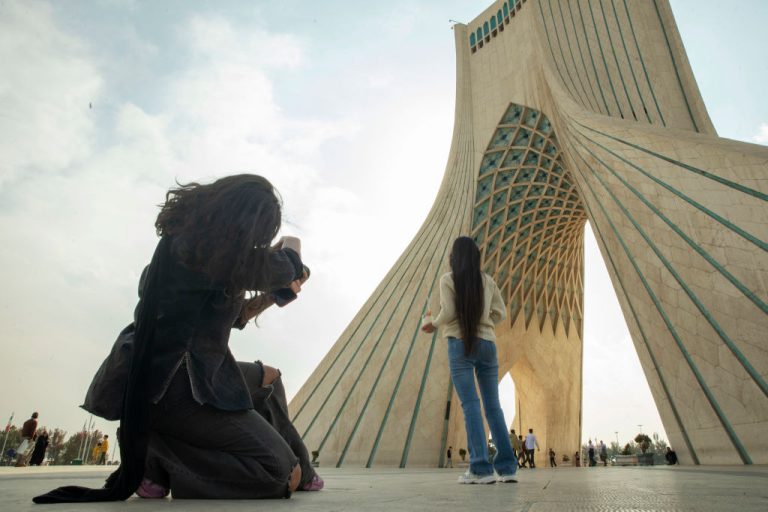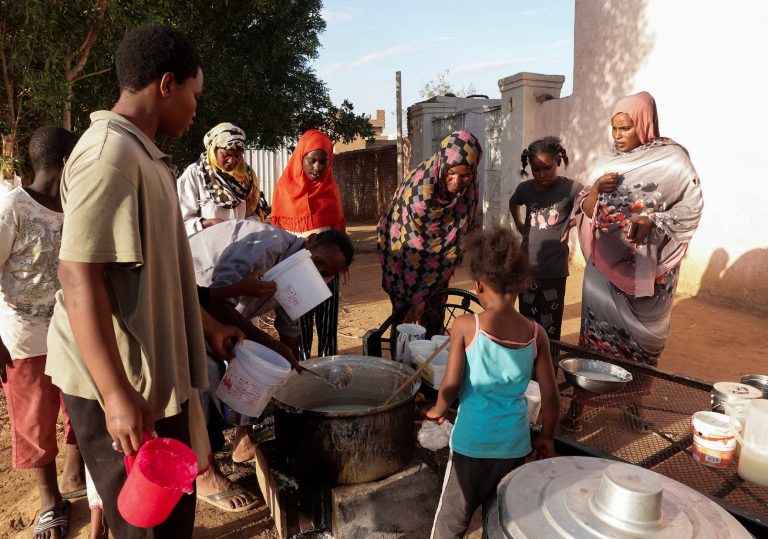Months of protests have rocked Iran, centered around the populous growing tired of more than 40 years of being ruled by a rather draconian interpretation of Islam following the death of a 22-year-old woman.
One of the most common forms of rebellion in the current era is women casting off the hijab head covering, seen by many as a symbol of oppression forcing women to keep their hair and looks hidden when participating in any venue outside of the privacy of their households.
In response to the protest form, the government of Iran intends to freeze the bank accounts of women who refuse to comply with the edict, new reporting states.
A Dec. 6 article by Nova News stated that Iran Member of Parliament Hossein Jalali was quoted by the Iranian language newspaper Shargh as taking a page of Canadian Prime Minister Justin Trudeau’s playbook in how his regime handled the Freedom Convoy protests in the earliest part of 2022.
“After three warnings the bank account of the person who is caught without the hijab could be blocked,” Jalali stated.
Success
You are now signed up for our newsletter
Success
Check your email to complete sign up
The MP added, “When the riots increase, hooligans and mobs increase, they take to the streets and the cases of women without a veil increase. When all this ends, these behaviors will also end.”
Jalali clarified that women who decline to obey would be sent two text message warnings first.
If they still refused to submit, their money and access to the banking system would be seized by the regime in an overt exercise of what amounts to Chinese Communist Party-style social credit.
Turkey Post News quoted Hussein Celali, a Parliamentary Deputy, as elaborating, “With the application we are working on, firstly, a message will be sent to the phones of women who do not comply with the headscarf rule, if this is not enough, they will be warned, and in the third stage, their bank accounts can be closed.”
Nova News explains that Iranian women are harassed and surveilled by the regime’s Gasht-e Ersad “moral police” and are also required to wear “long dresses” in addition to the hijab.
Website The Observatorial quoted Mohsen Mozaheri, head of the moral police’s Department for Promoting Piety and Combating Sin in Isfahan Province, which is apparently an official office title, as stating that the move was for everyone’s own good.
“Islamic laws allow people to enjoy the good things in life and protect them from the bad things. They ensure that the religious character of the Islamic Republic is preserved,” Mozaheri said.
“Otherwise there will be anarchy.”
The protests apparently started in September when 22-year-old Mahsa Amini died after being taken into custody by the same moral police in Tehran. Three days after her arrest, she was sent to a local hospital in a coma.
Following Amini’s death, casting off and burning the hijab has become a major point of protest, as has demands that the mandate women wear them in public be cast aside.
















